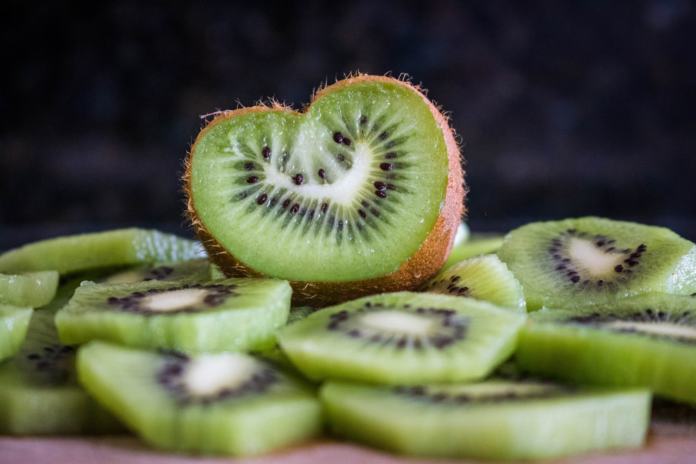British Heart Week (7th-15th June), is an annual event dedicated to raising awareness about heart disease, its prevention, and the importance of maintaining a heart-healthy lifestyle.
It’s widely recognised that a good diet and regular exercise is the best way to care for your heart, but what are the best foods to boost heart health?
Alongside British Heart Week, UK Registered Nutritionist and Chef, Jenny Wise, from recipe box delivery service Green Chef, has revealed the top heart-health boosting foods, along with tasty ways to add more to your diet.
Jenny comments,
“Eating a balanced diet is crucial for maintaining a healthy heart. It’s no secret that the food you eat can have an impact on your overall health, but it can also impact your blood pressure and cholesterol levels. By incorporating these heart-healthy foods into your everyday meals, not only can you boost your overall health and well being, but also support your heart health.
“However, if you’re ever concerned about your heart’s health, always consult with a medical expert immediately. As one of the most vital organs in your body, it’s important to know any irregularities, or what normal is for you.”
The top heart health boosting foods
Jenny recommends the best foods to support a healthy heart.
Leafy green vegetables
Leafy green vegetables such as spinach, kale, cabbage and broccoli can help to promote a healthier heart. Increasing your intake by adding more to everyday recipes is a great way to not only support your heart, but also promote overall well being.
Jenny comments,
“Adding spinach to your diet is a great way to boost your vitamin C, calcium and iron levels, as this leafy green is one of the most easily available and nutrient dense vegetables.
“Spinach is also high in vitamin K, which is vital for supporting overall health and wellbeing. It is also low in calories and packed with fibre.
Jenny recommends adding leafy green veg to smoothies, sauces, marinades and soups to increase your intake each day.
Healthy fats
Healthy can be found in salmon, avocado, olive oil and walnuts are all rich in monounsaturated and polyunsaturated fats, which is essential for promoting a healthy heart when consumed in moderation.
Incorporating healthy fats into your diet can be both easy and delicious. Jenny recommends either grilling or baking salmon and adding it to a summery salad dish, along with diced avocado, a drizzle of olive oil and a sprinkle of chopped walnuts, along with plenty of leafy greens.
Whole grains and oats
To boost your heart health, Jenny suggests opting for wholemeal or granary breads, pastas and brown rice. These simple swaps can keep your recipes tasty, while supporting your heart health.
Jenny comments,
“If you’re looking for healthy meal prep ideas, a great way to increase your oat intake is through delicious overnight oat recipes. Fill your dish with tasty berries, creamy textures such as Greek yoghurt or peanut butter and store in the fridge ready to tackle the day.”
Protein rich foods
Foods such as lean meats, fish and eggs are a great source of protein, and when consumed as part of a well balanced diet, can help to support overall well being and boost heart health.
Nutritionist Jenny comments,
“Start by incorporating lean meats like chicken or turkey into your meals by grilling, baking, or stir-frying them with a side of nutrient rich vegetables.
“Include fish in your diet by enjoying grilled or baked fillets a few times a week, and try incorporating a range of fish such as trout, and mackerel, which are rich in heart-healthy omega-3 fatty acids.
“Eggs are incredibly versatile and can be enjoyed in a number of ways: scrambled for breakfast, boiled as a snack, or added to salads and sandwiches.”
What foods should you limit when boosting your heart health?
If you’re looking for ways to boost your heart health through your diet, it’s vital to understand the foods which you should limit, or replace for healthier alternatives.
Jenny advises foods which are high in salt and saturated fat should be limited and only consumed within moderation and as part of a well balanced diet, which does include a small amount of fat. This includes fatty cuts of meat, butter, cream and cheese.
Likewise added sugars and alcohol can also have an adverse effect on overall wellbeing and the amount you consume should be closely monitored.

| [donate]
| Help keep news FREE for our readersSupporting your local community newspaper/online news outlet is crucial now more than ever. If you believe in independent journalism,then consider making a valuable contribution by making a one-time or monthly donation. We operate in rural areas where providing unbiased news can be challenging. |

















